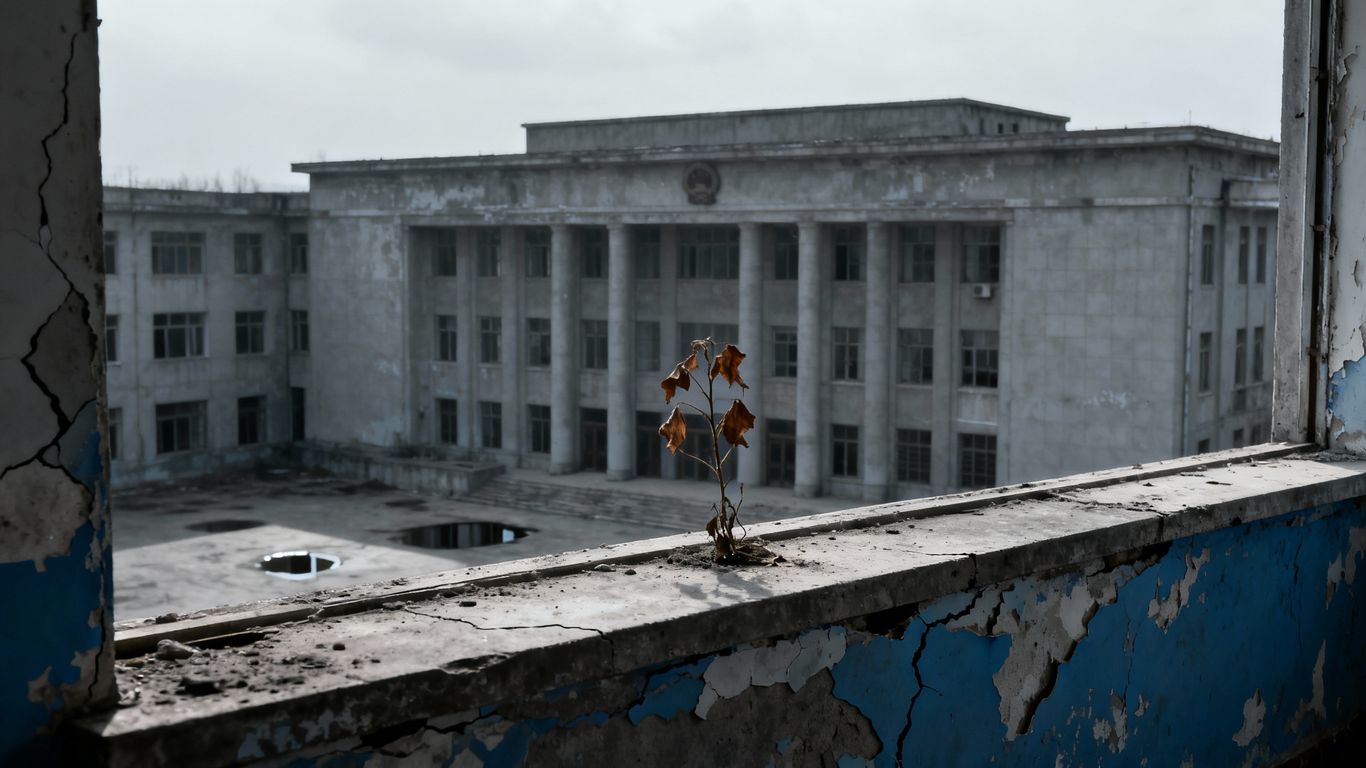
British Columbia's provincial deficit has surged to an estimated $11.6 billion, a significant increase from initial projections. This upward trend is expected to persist, driven largely by the removal of the carbon tax and broader economic challenges. The provincial government's first quarterly financial report reveals a more challenging fiscal outlook than anticipated.
Finance Minister Brenda Bailey announced the revised financial estimates, indicating that the deficit for the 2025/26 fiscal year is now projected to be $665 million higher than initially budgeted in March. The total budget for this period stands at nearly $95 billion. The government utilized an accounting technique, booking B.C.'s share of a massive tobacco settlement over 18 years onto this year's books, providing a $2.7 billion boost that mitigated an even worse outcome.
The outlook for subsequent years has also been adjusted upwards. The deficit for 2026/27 is now forecast at over $12.6 billion, an increase from the previous $10.2 billion projection. The following year, the deficit is expected to be almost $12.3 billion, up from nearly $9.9 billion.
A primary driver of the increased deficit is the removal of consumer carbon tax revenue, which was included in the initial budget despite preliminary plans to eliminate it. This decision alone accounts for more than $2.8 billion in projected lost revenue for the current year. Minister Bailey explained that the provincial government's commitment to remove the tax was contingent on the federal government doing the same, a decision that was announced after the provincial budget was released, causing a timing mismatch.
The financial impact of the carbon tax removal will continue, costing the province over $3.1 billion next year and more than $3.4 billion the year after. This has led to a significant increase in the province's total debt, now projected to reach approximately $155.3 billion by the end of this year, rising to $185.7 billion in 2026/27 and $212.9 billion the following year.
Opposition critics have raised concerns about the government's accounting practices, particularly the decision to include the full tobacco settlement amount in the current year's budget. B.C. Conservative Finance critic Peter Milobar argued that this inflates the current deficit and misrepresents the province's financial health. Minister Bailey defended the move as standard accounting procedure, determined by ministry accountants.
Economic headwinds are also contributing to the fiscal challenges. While the province is reportedly weathering U.S. tariffs better than expected, growth in B.C.'s gross domestic product has been revised down from 1.8 per cent to 1.5 per cent. Personal income tax revenue is down $65 million, and sales tax revenue has decreased by $174 million. Property transfer tax revenue has also seen a significant drop of $247 million, reflecting a 5.6 per cent decrease in home sales.
In response to the fiscal pressures, the government is implementing cost-saving measures. These include a freeze on new hiring for many positions and layoffs in select program areas. The public service has reportedly been reduced by 850 workers, primarily through attrition. Further savings are expected from measures such as reducing travel and other operational expenses.
However, rising labour costs present another challenge. With public sector unions in negotiations for new collective bargaining agreements, potential pay increases could add to the deficit. The government has allocated funds for these increases but has not disclosed the exact amount. The B.C. General Employees Union is already taking job action in response to the government's offer of 3.5 per cent over two years, while unions are seeking higher increases.